The eagerly-anticipated film Oppenheimer about the scientist known as the father of the atomic bomb will be released in Australian cinemas later this month.
Directed by Christopher Nolan and starring Cillian Murphy as the brilliant physicist, the film charts Robert Oppenheimer's pivotal role in World War II's Manhattan Project that culminated in the dropping of atomic bombs on Hiroshima and Nagasaki.
The achievement of Oppenheimer, who died in 1967, in harnessing the cataclysmic power of the atom changed world history and earned him the reputation as the greatest scientist in history.
READ MORE: Nuclear states modernise their weapons as China's arsenal grows
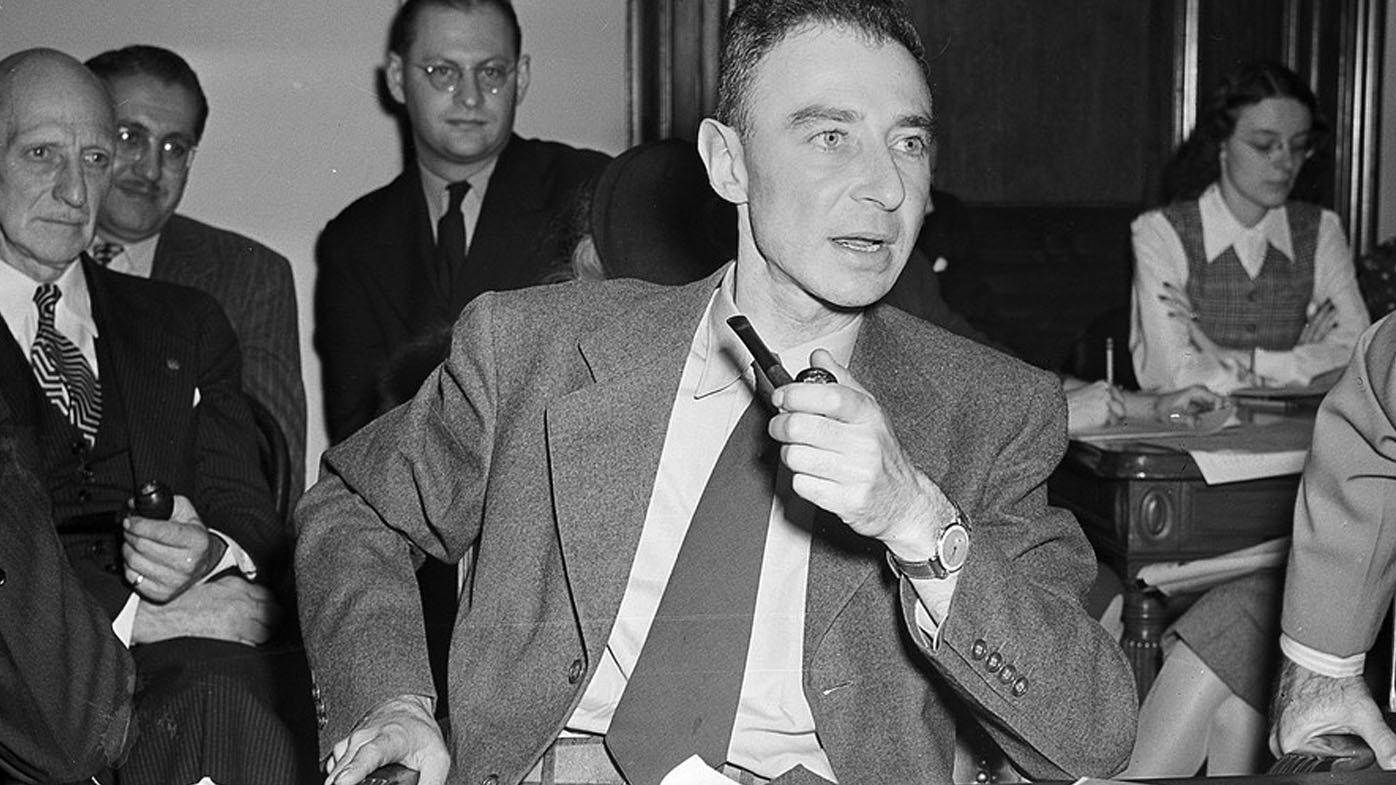
Today his scientific brilliance is undisputed, but the deaths of at least 110,000 people from the bombings at Hiroshima and Nagasaki, and the spread of nuclear weapons makes him a divisive figure with a controversial legacy.
Gifted scientist
J. Robert Oppenheimer was born in New York City on April 22, 1904, to wealthy German Jewish migrants.
With a natural gift for science, he attended Harvard University, but travelled to Europe to study physics in the 1920s.
Oppenheimer started his atomic research at Cambridge University in the UK before spending three years in Germany studying at the University of Göttingen, one of the world's leading centres for theoretical physics.
READ MORE: Russia moving tactical nuclear weapons to Belarus
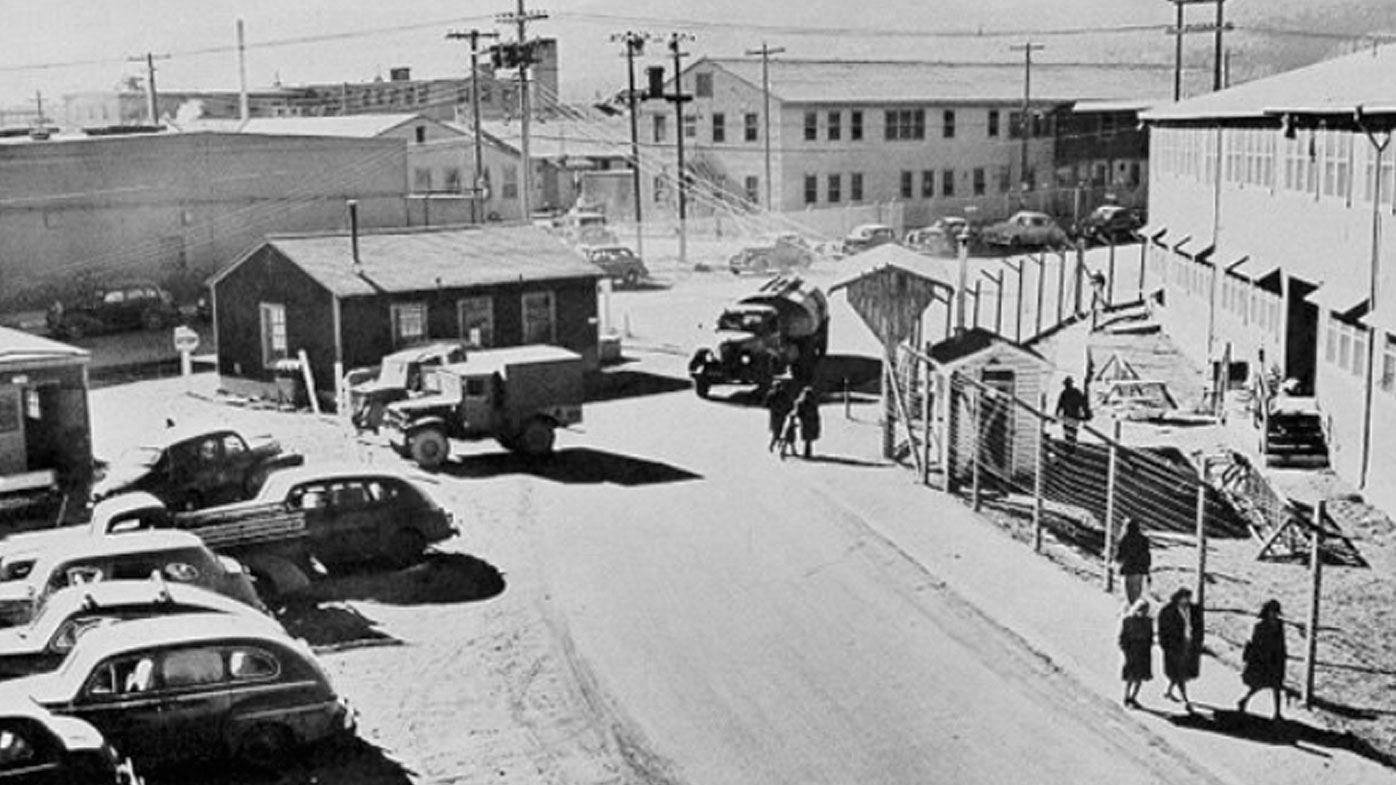
The emerging scientist also grew aware of the rising Nazi movement in Germany and its racial ideology.
Oppenheimer later returned to the United States where he taught at the University of California and became a top authority on nuclear physics and the quantum theory.
His interest also grew in the social and political issues of the 1930s, leading to associations with left-wing groups and a lifelong passion for the Hindu religion.
Race to build devastating weapon
After World War II broke out in 1939, US President Franklin Roosevelt was alerted by scientists, including Albert Einstein, about Nazi Germany's efforts to harness nuclear physics to build a devastating military weapon.
The US military responded by setting up the top-secret Manhattan Project to build the atomic bomb.
Oppenheimer was chosen as scientific director and was responsible for recruiting the best scientists in the US, including many who had fled Nazi-controlled Europe.
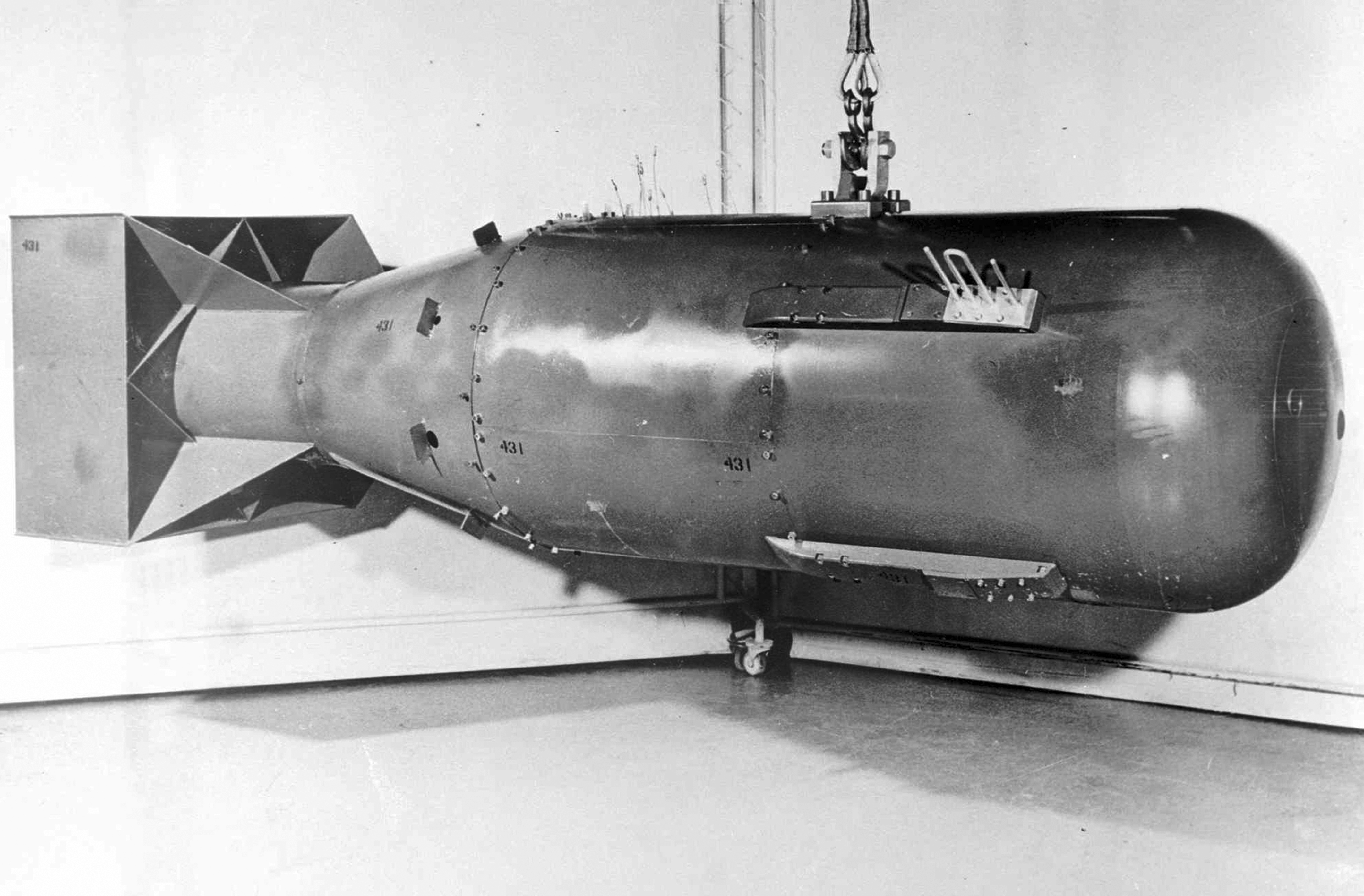
They were based at Los Alamos, a secret military-controlled camp in the remote New Mexico desert, that rapidly grew to become a small city during World War II.
On July 16, 1945, the very first nuclear weapon detonation took place in the New Mexico desert, about 200kms from Los Alamos. Oppenheimer called it the "Trinity" test.
On witnessing of the historic event, Oppenheimer later famously said in an interview he recounted a piece of Hindu scripture: "Now I am become Death, the destroyer of worlds".
Just weeks after the Los Alamos test, US President Harry Truman ordered atomic bomb attacks on the Japanese cities of Hiroshima and Nagasaki. The bombings killed tens of thousands of people and left many with lifelong injuries.
Fallen hero
Oppenheimer's achievement propelled him to hero status among the American public in the immediate years after World War II. He was featured on the front cover of Time magazine, and he was feted by President Truman.
But the devastating power unleashed by the Manhattan Project put Oppenheimer in a moral dilemma.
While he maintained the bombing of Hiroshima and Nagasaki was essential in forcing Japan to surrender and avoid horrific US casualties from any land invasion, he was determined to stop the spread of atomic weapons.
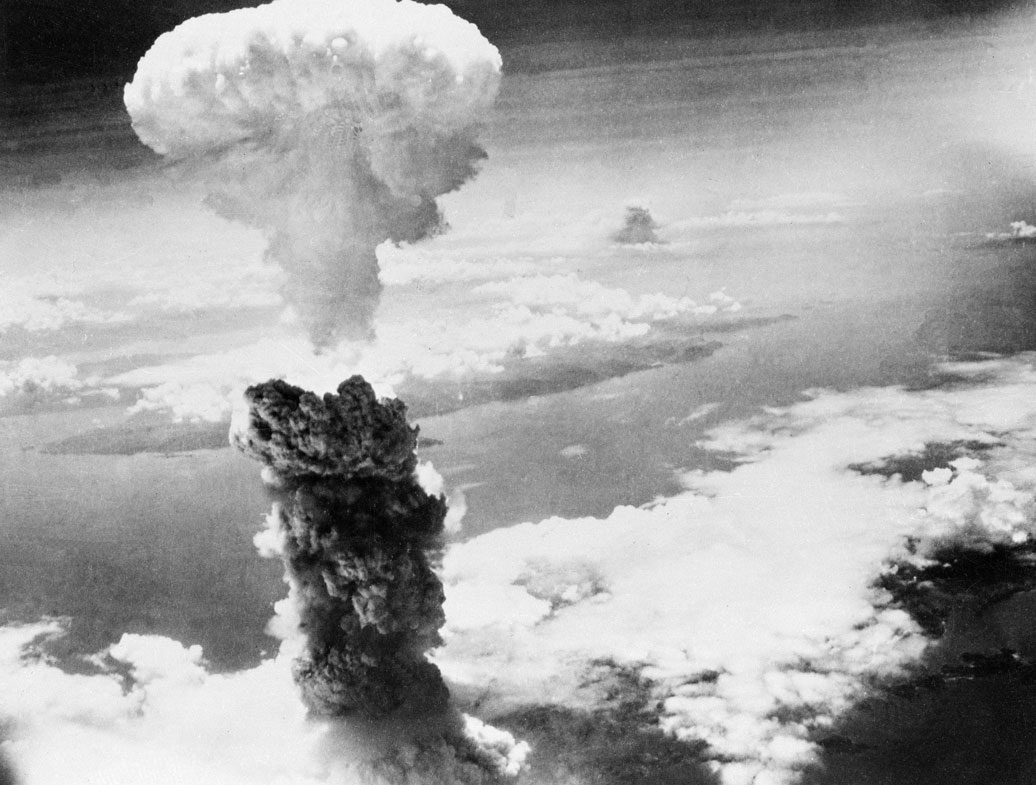
He started working with the US Atomic Energy Commission to control the use of nuclear weapons, but when the military embarked on a project to develop a hydrogen bomb, potentially 1000 times more powerful than the weapons dropped on Hiroshima and Nagasaki, Oppenheimer protested and was forced out of the commission.
Oppenheimer's previous associations with left-wing politics and his brother's membership of the Communist Party brought him under suspicion during the McCarthy era that saw the persecution of left-wing individuals and organisations.
The physicist was accused of having communist sympathies and his security clearance was revoked by the government.
Four years before Oppenheimer died there was a partial rehabilitation of his reputation when he was presented with the prestigious Enrico Fermi Award by then US President Lyndon Johnson.
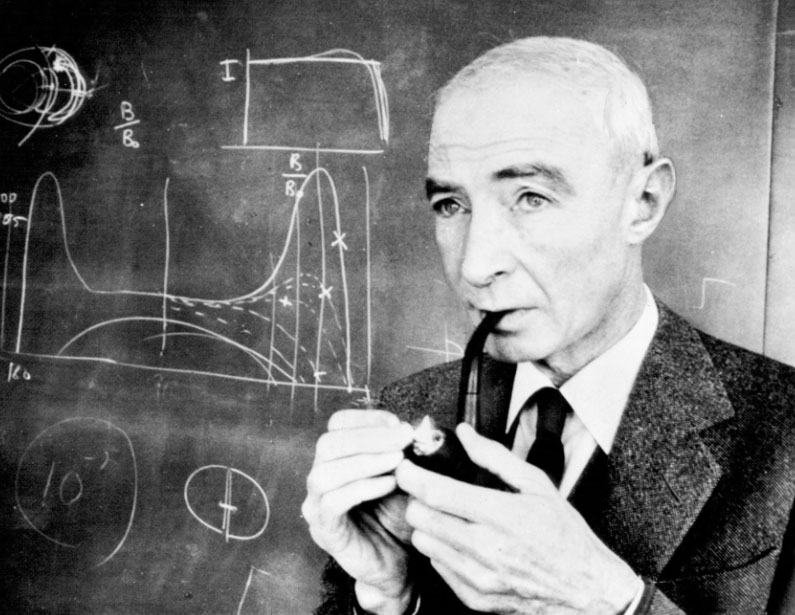
Then in December 2022, the Biden administration reversed the decades-old decision to revoke Oppenheimer's security clearance.
The US Energy Secretary said the 1954 decision by the Atomic Energy Commission was made using a "flawed process" that violated the commission's own regulations.
Oppenheimer will be released in Australian cinemas on July 20.
- With Associated Press
